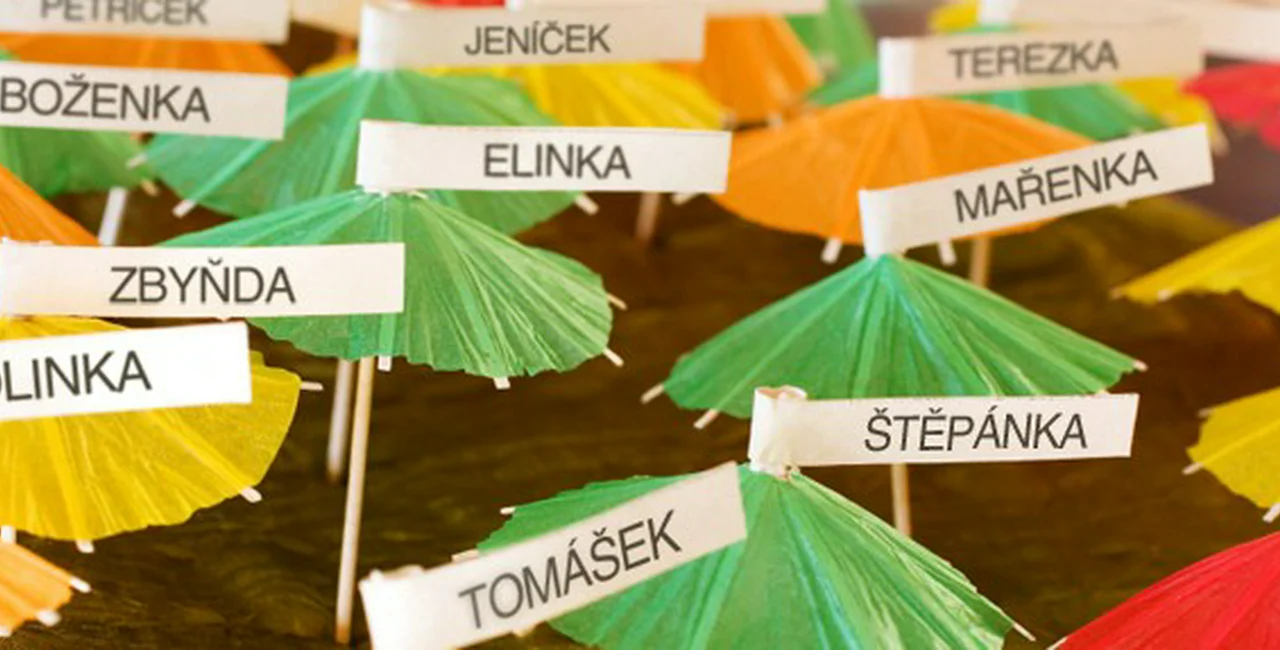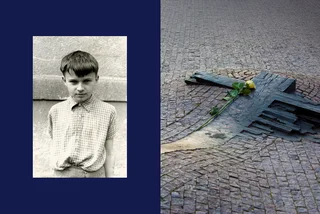Knowing what to call a person can certainly influence your relationship with them. The following is a general guide to some of the conventions for naming in the Czech Republic.
Small but Theirs
Often the names Czechs use amongst themselves don’t correspond to their official names. The reason is that, as many of you know, most Czechs use diminutives. Jan is Honza, Josef is Pepa, Helena is Helča and Eva is, well, Eva. Okay it works most of the time.
However, the capacity for Czechs to develop diminutives goes beyond this. Honza was probably Honzík as a boy, and his best friend may have been known as Pepík. Perhaps, they sat next to Helenka and had a crush on Evička. So, as you can see there is another level of diminutives for children.
This is not say that you can’t use the ‘childish’ diminutives with adults, but contexts matters. The childish forms sound more affectionate, and are only really acceptable between partners and children and grandparents and grandchildren, and really only at home. In some cases, they are used among female friends and colleagues. Male friends usually won’t use them at all, especially not with another male friend. Even if you hear your workmate Tomáš’s mum call him Tomík, you probably shouldn’t.
Some names produce a range of diminutives. Take the name Kateřina. I’m sure you all know one. She can be Katka, Káťa, Káča, Kateřinka and Kačenka. (I’m sure I’ve forgotten some.) The first forms are the less ‘affectionate’. The last two are more affectionate.
Hello, I’m John Novák
To an English speaker, Kateřina will often introduce herself as Kate and Tomáš may be Thomas or Tom. The reasons for this can be one of ease. Czechs are pragmatic enough to know that most foreigners will struggle with a name like Řehoř. It could also be that they’re used to translating so even an easy name like Pavel will be rendered as Paul from habit. Lastly, it could just be that the person prefers to have an English sobriquet.
The ‘rules’ for this are pretty vague and it’s probably best left up to the person in question. I’ve found that all most all Czech people, when given the chance, prefer to use their Czech name, which makes sense, really.
My Darling, My Beetle
Apart from diminutives, there are also a number of ‘pet’ names. Like any term of endearment, they are something best left for private moments. Often, they are the diminutive of some other thing. Here are some of the more common ones, with the literal English translation and a rough equivalent.
| brouček | little beetle | sweetie, babe |
| zlatíčko | little gold | honey, cutey-pie |
| kočka or kočička | cat or little cat | kitty, cookie |
| beruška | ladybug / ladybird | poppet |
| miláček | n/a | sweetheart, darling, dear, etc. |
Some of you, especially those who study the stickers on the metro doors, may be surprised to see that ‘kočka’ can be used with loved ones and children, given its racier usage. Again, context is everything. Said by a parent to a newborn it’s sweet, scrawled across a pub window, it’s an enticement to come in and watch a show.
Happy Name Day!
How prevalent this celebration remains will be open to debate, but among my in-laws it is a big deal. So much so, that I was given a Czech name in order to participate. Beyond the family, I’ve not noticed any great pressure to observe the tradition among friends and colleagues. When I bothered, most people were surprised and usually responded with, “But you [meaning people from English-speaking countries] don’t celebrate it.” After a while, I didn’t bother and it appeared that I was not expected to bother.
Having said that, people are probably not going to turn down a small gift or the offer of a drink, so celebrating with close friends or family isn’t going to be a problem. If you want to take part, check out our list of name days. Typical gifts are flowers or chocolates for a woman and a bottle of wine or spirit for a man.
So what do people call you?
***
Other Dos and Don’ts in the Czech Republic:
– Introductions
– Public Behavior












 Reading time: 3 minutes
Reading time: 3 minutes 





















